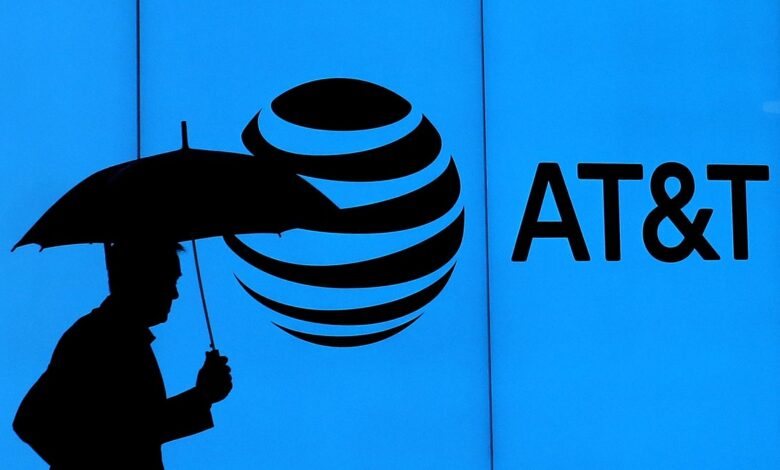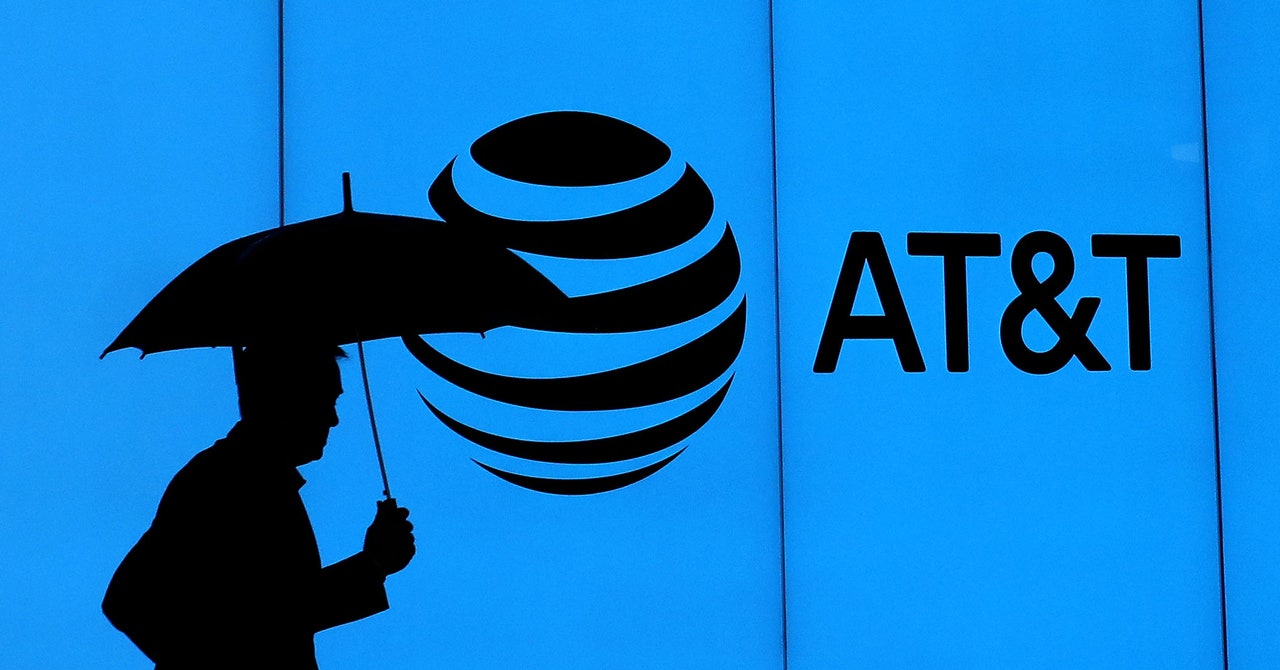Landline Phone Owners Are Protesting AT&T’s Plans to Drop Service


According to AT&T’s application, the company has to complete the Section 214 discontinuance process run by the Federal Communications Commission in order to fully discontinue service in any given area.
CPUC says in a summary of the situation that “AT&T is the designated COLR in many parts of the state and is the largest COLR in California.” This means “the company must provide traditional landline telephone service to any potential customer in that service territory. AT&T is proposing to withdraw as the COLR in your area without a new carrier being designated as a COLR.”
“If AT&T’s proposal were accepted as set forth in its application, then no COLR would be required to provide basic service in your area,” the state agency said. “This does not necessarily mean that no carriers would, in fact, provide service in your area—only that they would not be required to do so. Other outcomes are possible, such as another carrier besides AT&T volunteering to become the COLR in your area, or the CPUC denying AT&T’s proposal.”
AT&T Was Deregulated in Many States
There are 21 states in AT&T’s wireline service territory. AT&T’s California application said it has already received at least some relief from carrier-of-last-resort obligations in the other 20 states, namely Alabama, Arkansas, Florida, Georgia, Illinois, Indiana, Kansas, Kentucky, Louisiana, Michigan, Mississippi, Missouri, Nevada, North Carolina, Ohio, Oklahoma, South Carolina, Tennessee, Texas, and Wisconsin.
In addition to its COLR application, AT&T has asked California to let it give up its designation as an Eligible Telecommunications Carrier (ETC). The ETC designation allows AT&T to receive money from the US government’s Universal Service Fund, including the federal Lifeline program. AT&T would still be eligible for California’s state Lifeline program.
“By relinquishing its ETC designation, AT&T will no longer be eligible to receive federal support to provide Lifeline, which could potentially affect all current AT&T Lifeline customers… For a household receiving federal Lifeline from AT&T, the bill could increase by $5.25 per month for voice-only service, or $9.25 per month for bundled or Internet service,” the CPUC said. “In addition to these amounts, a household on Tribal lands receiving federal Lifeline from AT&T could experience an additional $25 per month bill increase.”
AT&T Complains That It Has to Maintain Two Networks
To get its application approved, “AT&T must demonstrate that another ETC provider can provide universal support in the areas where AT&T wishes to surrender its ETC designation,” the CPUC said.
AT&T argued in its application that it is seeking only “modest regulatory reforms” to provide “tailored relief from its outdated COLR obligation.” The COLR obligation requires AT&T “to wastefully operate and maintain two duplicative networks: one, an antiquated, narrowband network with an ever-dwindling base of subscribers, and the other, a forward-looking, fiber and wireless broadband network,” the company said.
AT&T complained that Comcast, Charter, Cox, Verizon, and T-Mobile do not face the same obligation. Because of the COLR requirement, “AT&T California alone must continue to fulfill every request to extend an outdated voice-centric network to anyone, anywhere within its footprint, even in cases where the customer has access to a modern alternative,” AT&T said.
Source link




